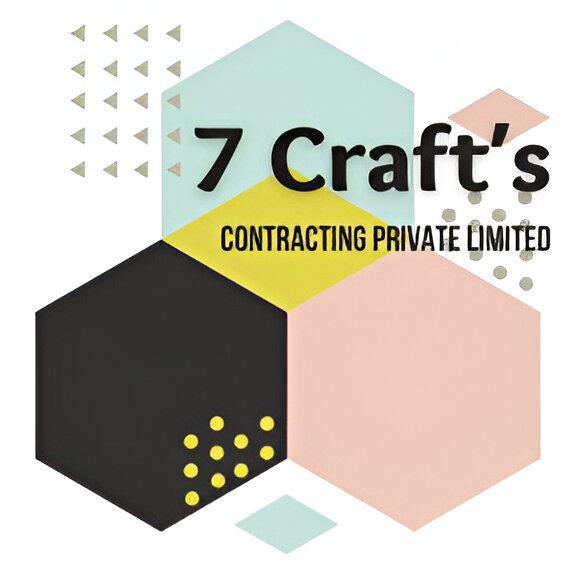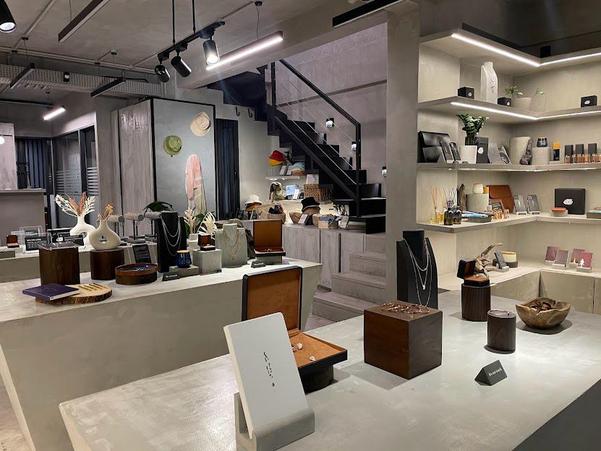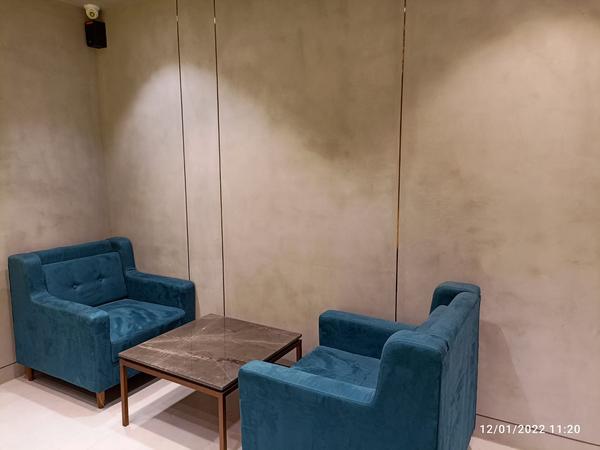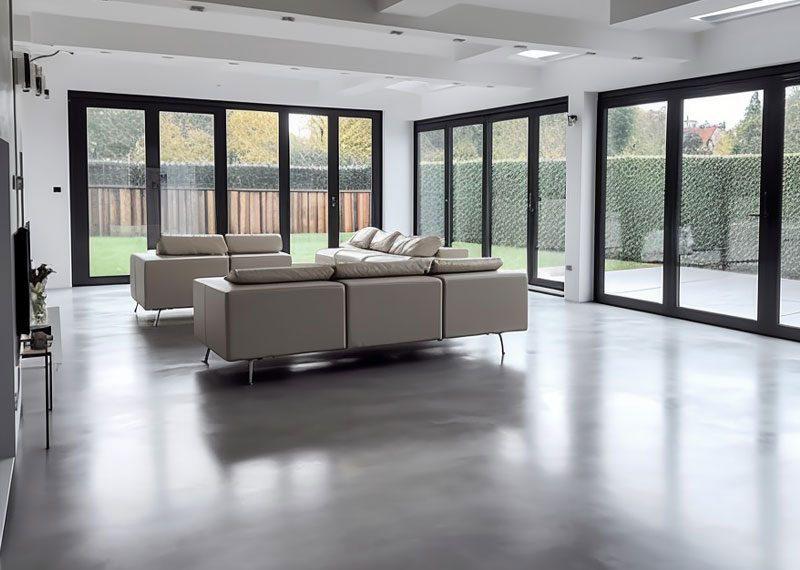Titanium wall finishes typically refer to wall coatings or treatments that incorporate titanium or mimic its aesthetic. These finishes offer a range of benefits, including durability, resistance to corrosion, and a modern, sleek appearance. They can be applied to various surfaces, both indoors and outdoors, and come in different forms like paints, coatings, and panels. Types of Titanium Wall Finishes: Titanium-based paints and coatings: These offer a smooth, even coverage and are often durable and easy to apply with a brush, roller, or spray. Titanium wall panels: These can be made of actual titanium or materials that mimic the look and texture of titanium, such as concrete or metal panels. Granular finishes: These finishes incorporate granular materials to create a textured surface that may resemble stone or concrete. Benefits of Titanium Wall Finishes: Durability: Titanium is a strong and long-lasting material, and finishes incorporating it can withstand wear and tear. Corrosion resistance: Titanium is highly resistant to corrosion, making it suitable for both indoor and outdoor applications. Aesthetics: Titanium finishes offer a modern, sleek, and sometimes industrial look, adding a touch of elegance to interiors. Versatility: They can be applied to various surfaces, including cement, wood, steel, and aluminum, and used both indoors and outdoors.




